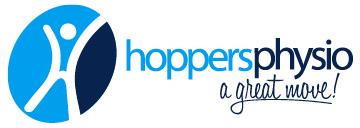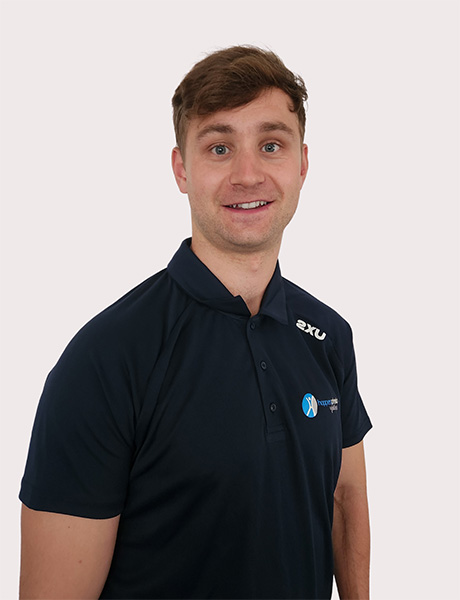Vestibular/Dizziness/Vertigo Physiotherapy
Vestibular rehabilitation involves treatment of symptoms of dizziness, vertigo, motion sensitivity, balance and postural control issues that occur due to vestibular dysfunction.

Common vestibular issues:
- Vertigo, dizziness, head spinning, light-headedness, dysequilibrium and associated diplopia.
- Benign Paroxysmal Positional Vertigo – canalathiasis, or cupulothiasis, posterior, or horizontal
- Vestibular neuritis and hypofunction (uni or bilateral)
- Persistent Perceptual Positional dizziness (PPPD)
- Cerebellar ataxia and dysequilibirum/ balance disorders
- Cervical instability, headaches, and associated vertigo and vestibular migraines
- Maldebarque, Oscillopsia, Labyrinthitis, Photophobia, Meniere’s disease
- Concussion and head trauma
- Acoustic neuroma or Schwanoma
- An ability to differentially diagnose a central vs peripheral cause for client’s vertigo with specialised FRENZEL video goggles and performing the HINTS exam.4
Treatment:
Vestibular rehabilitation includes habituation training, gaze stabilisation for clients with reduced Vestibular Ocular Reflex, brock string training for vergeance insufficiency, balance retraining and core and hip stabilisation training for maldebarque & PPPD as well as canalith repositioning manoeuvres for clients with posterior and horizontal BPPV. For some people with cervicogenic vertigo- deep neck flexor stabilisation and gaze shifting exercises and suboccipital massage may also be needed.
Assessment:
Vertigo & vestibular assessments incorporate:
1) Outcome measures: Dizziness Handicap Inventory, and ABC balance score
2) Oculomotor, Vestibular, positional, dynamic visual acuity tests, balance, gait testing and proprioceptive testing for the neck +/- auricular pressure testing.

